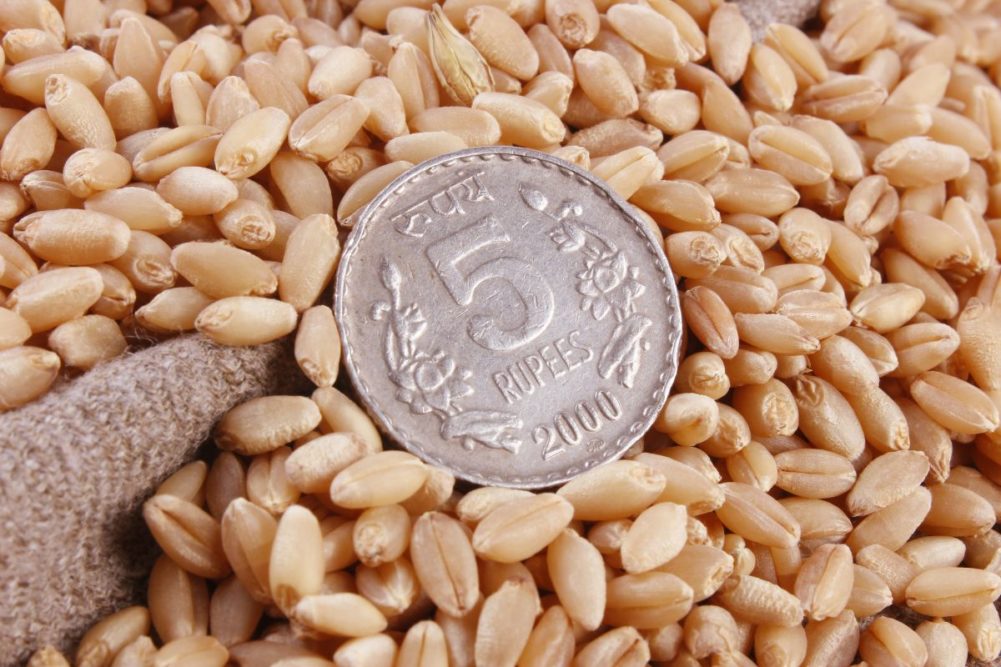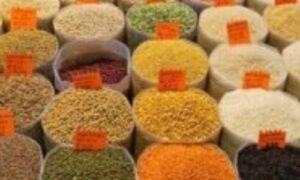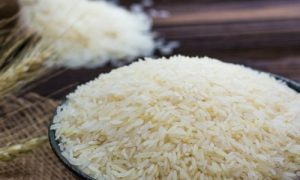Economic Survey 2024: ‘Farmers’ income cannot be increased by producing rice, wheat’

The Economic Survey 2023-24 emphasizes that smallholder farmers’ incomes cannot be significantly improved through traditional crops like rice, wheat, millets, pulses, or oilseeds. Instead, it advocates for transitioning to high-value agriculture, such as fruits, vegetables, fisheries, poultry, dairy, and buffalo meat. The survey draws parallels with China’s success in increasing farmer incomes and stimulating manufacturing. It highlights the importance of crop diversification, investment in agri-infrastructure, improved credit access, and technological advancements to boost farm incomes and support economic growth.
Smallholder farmers’ incomes cannot be increased by producing rice, wheat, or even millets, pulses, and oilseeds, the Economic Survey 2023-24 has said, adding that farmers need to move to high-value agriculture – fruits and vegetables, fisheries, poultry, dairy, and buffalo meat.
The survey, which evaluates current economic performance and sets goals for future growth, further said that once the incomes of smallholders increase, they will demand manufactured goods, spurring a manufacturing revolution. “That is what happened in China between 1978 and 1984 when the real incomes of farmers doubled in just 6 years. India is well-placed to emulate this.
According to the document, the performance of the agriculture sector remains critical for the economy’s growth and has been growing at an average growth rate of 4.18 per cent over the last five years. The growing significance of allied sectors such as animal husbandry, dairying, and fisheries in enhancing farmers’ income suggests that greater emphasis should be placed on tapping into the potential of these activities to boost farmers’ incomes, it said.
The survey stated that promoting crop diversification towards oilseeds, pulses, and horticulture requires addressing critical issues such as investment in agri-infrastructure, credit accessibility, and appropriate market institutions. It said MSP (Minimum Support Price) has incentivised crop diversification and there is evidence that MSP has a positive and statistically significant effect on retail prices of all crops, with a stronger effect for those crops where procurement is substantial, such as paddy and wheat.
“Efforts must be made to encourage production patterns and practices in various geographies that are consistent with their agro-climatic characteristics and natural resources.” the document said, adding that research & development and promotion of digital technologies in agriculture, as well as improving the quality of seeds, including promoting organic and natural farming, can play a significant role in the realisation of sustainable agriculture practices that efficiently improve farm income.
The survey also advocated for enhancing private sector investment in agriculture. Investment in technology, production methods, marketing infrastructure,
and reduction in post-harvest losses need to be scaled up, it said. A greater focus on post-harvest infrastructure and the development of the food processing sector can reduce wastage/loss and increase the length of storage, ensuring better prices for the farmers.















